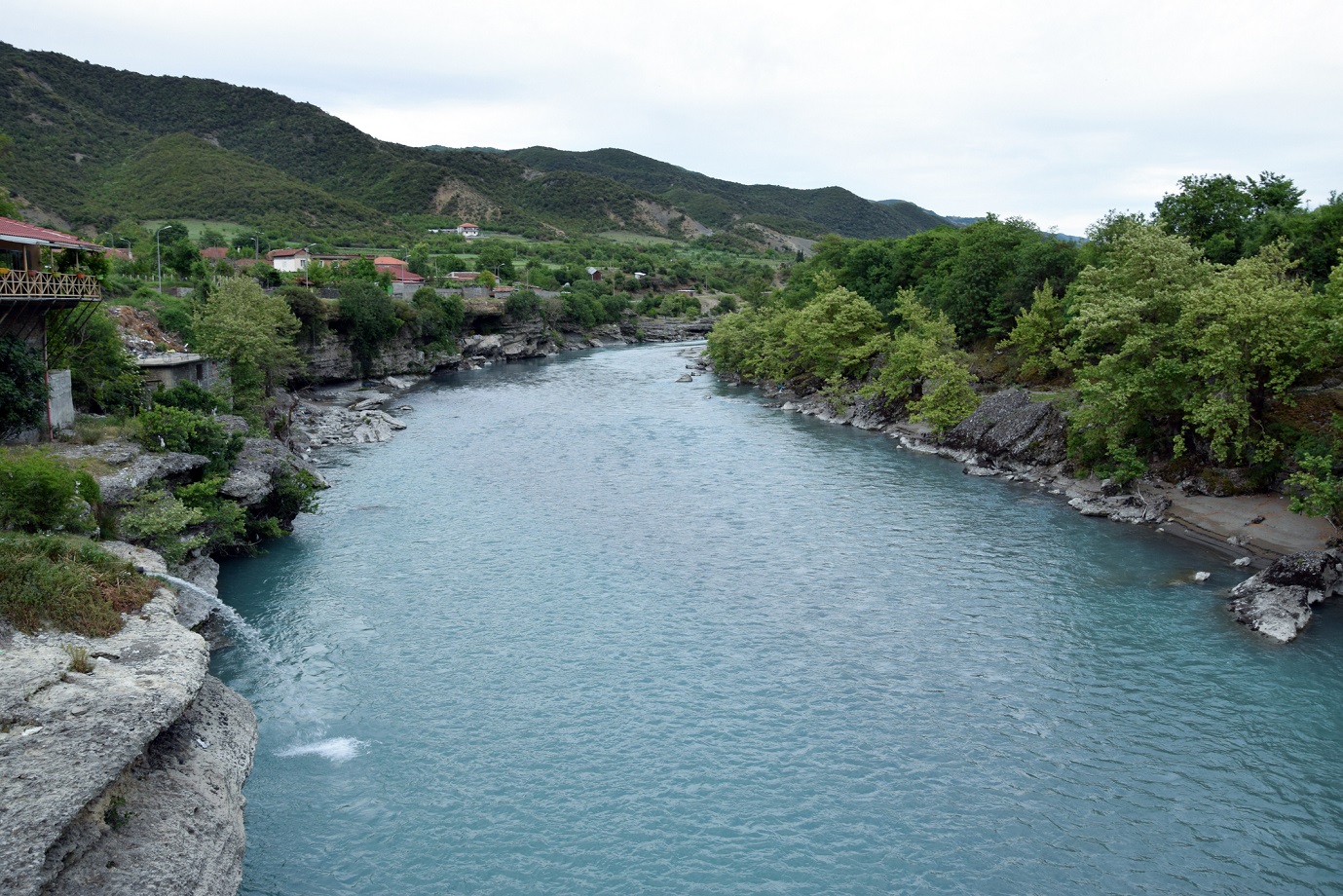EBRD making technology transfer key to low carbon future

FINTECC programme at centre stage of COP 22 session in Marrakesh
The European Bank for Reconstruction and Development (EBRD) stressed the importance of its programme to deliver technology to combat climate change to emerging economies during a session on the sidelines of the United Nations COP 22 climate talks in Marrakesh today.
The conference in Morocco is being viewed as a forum to ensure that political pledges made at the 2015 Paris climate accord can be carried out in practice, helping to deliver the low carbon future that world leaders signed up to a year ago.
The EBRD has put climate finance at the heart of its investments to promote well-functioning market economies in 36 emerging countries spanning three continents, providing over €21 billion to finance over 1,100 projects that have led to CO2 emissions reductions of around 83,000 kt.
Today’s conference discussed the pathways to deep carbon reduction, including examples from practitioners putting into place low carbon investments.
The EBRD was able to highlight its FINTECC (Finance and Technology Transfer Centre for Climate Change) programme, part of a global drive towards climate technology transfer for developing countries and countries in transition.
The initiative is funded by the Global Environment Facility (GEF), the EBRD and the European Union.
The EBRD’s Managing Director for Energy Efficiency and Climate Change, Josue Tanaka, told the conference:
“Deep decarbonisation can only happen through market transformation. The EBRD is committed to support the private sector, being the key actor in this transformation. For this reason, we have developed instruments like FINTECC that help providers of climate technologies to reach the market and contribute financial and technical support to the early movers.”
"The GEF understands that the majority of the investment required to address climate change will need to come from the private sector. As a fund, the GEF has a unique role to create enabling environments for the private sector, including policy and regulatory frameworks and de-risking," added Masako Ogawa, Senior Environmental Specialist, GEF.
"Delivery on the Paris Agreement’s climate goals requires the timely deployment of scalable, high mitigating and environmentally sound technologies in the power and industrial sectors. CCS is currently well placed to meet this challenge in a reliable, dependable and cost efficient manner,” concluded John Scowcroft, Executive Adviser for Europe, the Middle East and Africa (EMEA), Global CCS institute.


